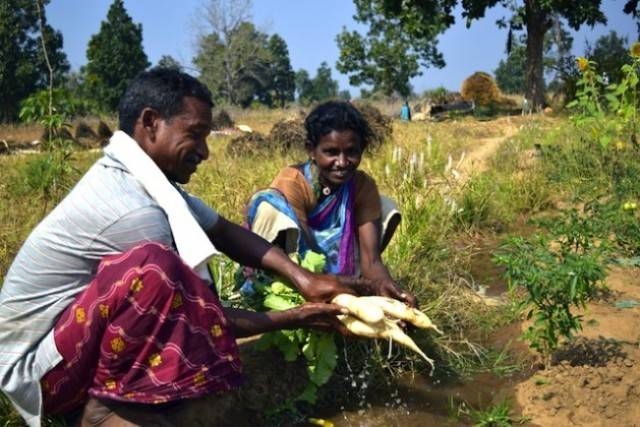
The Scheduled Tribes Development Department will implement a Rs. 15 crore project in the next financial year for tribal people. It will be a step to start sustainable agriculture and allied activities on land owned by them and with records of rights (RoR).
Special focus will be on rejuvenating the farms under the control of the department and that of the Agriculture Department in tribal areas like Aralam in Kannur, Sugandhagiri in Wayanad and which are under the Attappady cooperative farming society in Palakkad.
The project will also include land development, soil fertility enhancement, soil and water conservation, use of better varieties of seed, crop protection, minor irrigation for cultivation of food crop and cash crops, horticulture and floriculture development.
Development of water resources and crop protection activities will get more priority as most of these areas suffer from acute water scarcity in summer. Animal attacks are also frequent. Perennial natural water sources like springs and aquifers will be developed so that draught-resistant farming can be started.
Tribes which collect non-timber forest produce will also be equipped for sustainable forest collection, processing and marketing. Services of Milma and other similar organisations will be made available in locations where dairy development is possible.
Adding to it, support will be provided for setting up greenhouse facilities for horticulture, truck farming, and floriculture development. The scheme will promote solar panels and windmills to boost power generation on farm and non-farm land to provide an additional income to the tribals.
Many schemes will be ensured including convergence with Kudumbashree and Mahatma Gandhi National Rural Employment Guarantee Scheme and the government’s insurance schemes. It will be done in project mode in the districts and funding will be given on its basis.
Participation of women will be ensured. Project will be implemented by self-help groups or beneficiary groups at the grassroots. Successful units will be made farmers producers organisations that are expected to become self-sustainable in time.
















